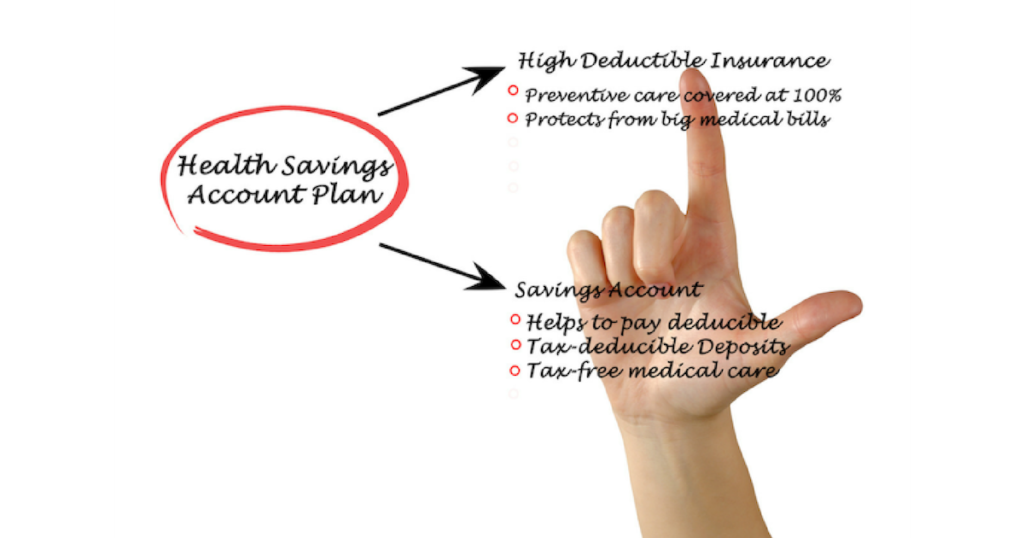As the cost of healthcare has increased, HSAs, also known as a Health Savings Account, have become more and more popular. An HSA is a great way to save for medical expenses while also reducing taxable income.
HSAs are often used in conjunction with a high deductible health plan (HDHP). With a high deductible health plan, you pay a lower monthly premium, but in the event that you do need medical care, you end up paying a larger cost up front. Thus, a Health Savings Account is a great option for individuals who want a lower cost health insurance plan like an HDHP, but still want to put away funds for health related emergencies.
Who’s eligible for an HSA?
Not everyone is eligible for an HSA. HSAs are only eligible to individuals or families who are enrolled in a high deductible health plan. The IRS defines an HDHP for an individual with a plan that has a $6,750 out of pocket maximum and $1,350 minimum deductible for 2019. For a family, an HDHP is defined as a $13,500 out of pocket maximum and $2,700 minimum deductible for 2019.
How does an HSA work?
With an HSA, you decide how much you want to contribute each year. However, there are limits set by the government that you cannot exceed. An individual with self-only coverage under an HDHP can contribute up to $3,500 to an HSA for the calendar year. A family under an HDHP can contribute up to $7,000 to an HSA the calendar year. Any contribution that an employer adds to your HSA also counts towards that contribution limit. Once the HSA is set up, you’ll receive a debit card or checks linked to your HSA account. You can then use those funds towards any qualifying medical expenses including deductibles, copays, coinsurance, and more. However, it’s important to note that insurance premiums often cannot be paid using HSA funds. The funds are meant to be used towards medical expenses outside of monthly premiums.
What are the benefits of an HSA?
- Tax Benefits: One benefit of an HSA is that it’s a tax advantaged medical savings account. When you put money into the account as well as take money out of it, those funds are not subject to federal income tax. Thus, it can help lower your tax burden. For example, if you make $40,000/year but contribute $3,000 to an HSA, you’ll only be taxed on $37,000 of income.
- Invest Opportunities: Another benefit of a health savings account is they can be invested in mutual funds, stocks and other investment tools to generate more money.
- Funds Roll Over: Unlike a Flexible Spending Account, an HSA balance rolls over each year so you don’t have to worry about “using it or losing it”.
Have more questions on whether a Health Savings Account could be a fit for you? Give us a call or send us a message to learn more.

